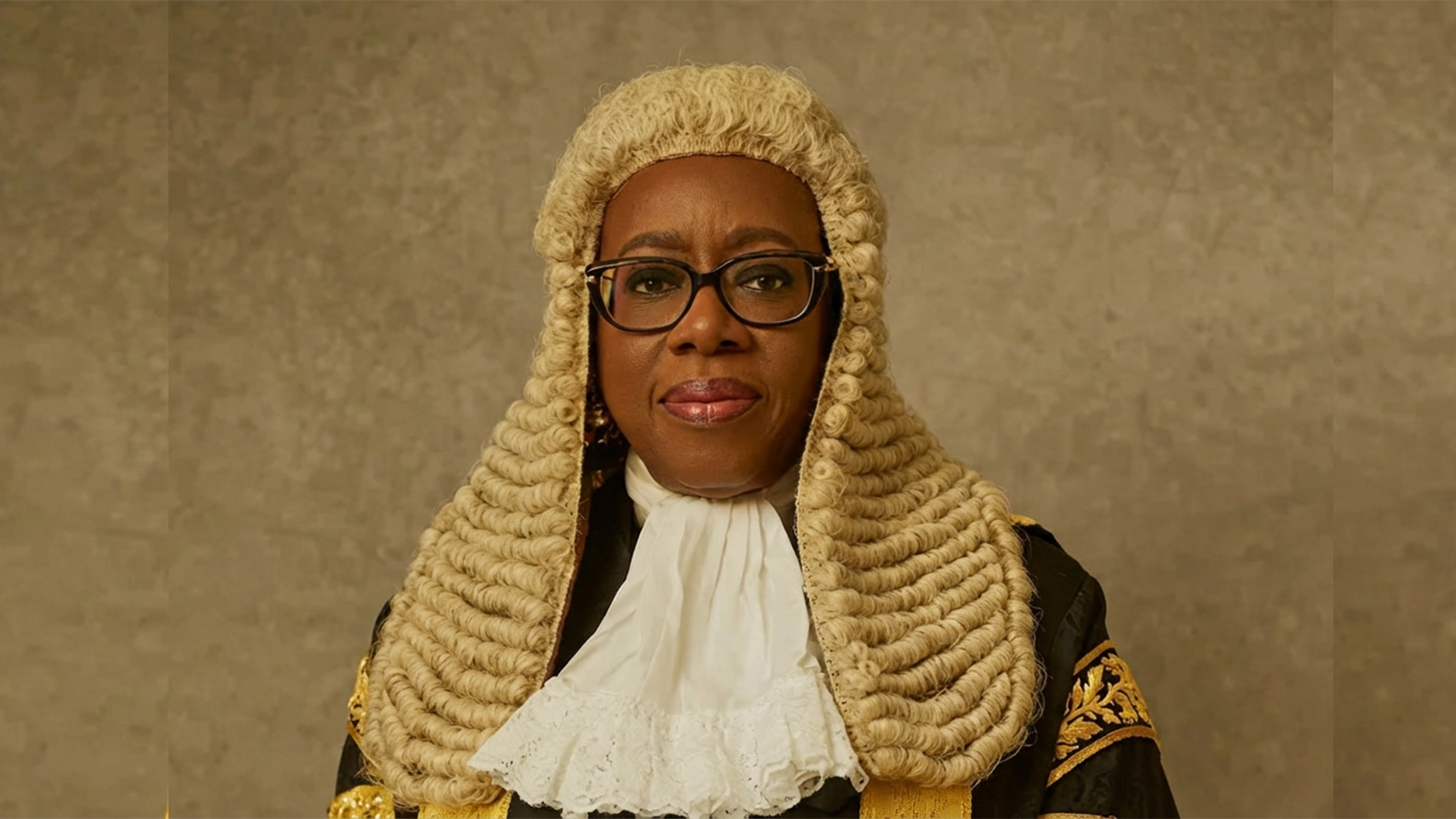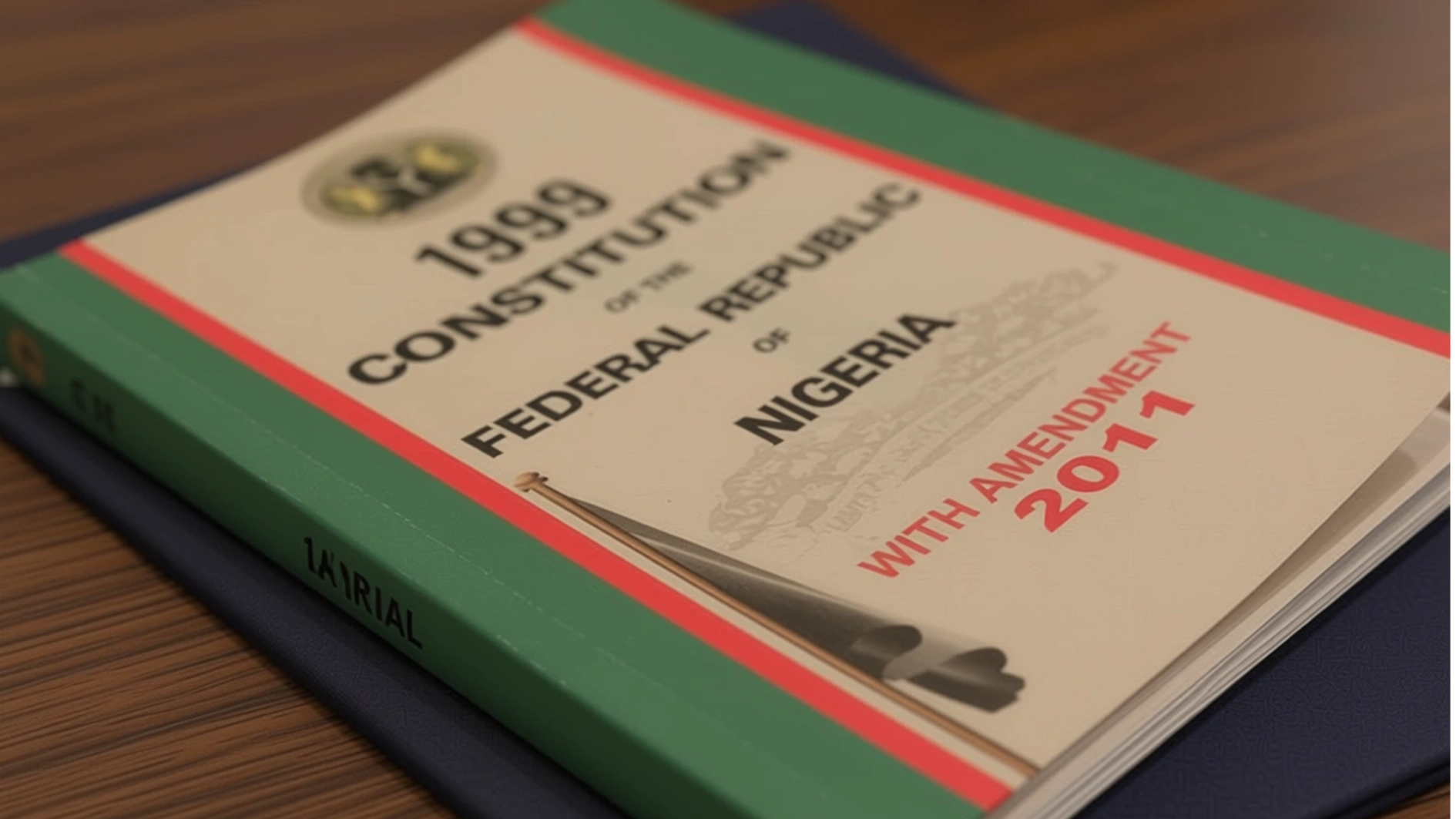Two and a half decades ago, Nigeria enacted the Universal Basic Education Act, yet too many of our children still leave primary school without the ability to read fluently or perform basic numeracy. UNICEF estimates that over 70 per cent of Nigerian children lack foundational literacy and numeracy skills, while UNESCO reports that Nigeria accounts for one in five out-of-school children in sub-Saharan Africa, with more than 10 million excluded from classrooms.
This learning crisis threatens not only the future of our children but also the prosperity of our nation.
In Oyo State, we have chosen to confront this challenge head-on. At the Oyo State Universal Basic Education Board (Oyo SUBEB), our mandate is clear: to ensure every child has access to free, quality, and inclusive education. We are working daily to monitor standards, strengthen supervision, and improve the learning environment across our 2,508 public schools. Classrooms are being built and renovated, furniture supplied, and communities re-engaged. Yet we know that infrastructure alone will not solve the deeper problem of learning poverty.
That is why, in 2024, under the leadership of Governor Seyi Makinde, Oyo State entered into a landmark partnership with EIDU, a German education technology firm. This collaboration has introduced AI-backed teaching and learning methods in pilot schools, chosen to represent both underserved rural areas and urban centers. The aim is simple: empower teachers with tools and training so children can learn more effectively.
Before a single tablet entered classrooms, we ensured that head teachers, classroom teachers, and quality assurance officers were trained. The goal was not technology for its own sake, but a structured pedagogy—developed with EIDU—that standardises lesson delivery across schools. This ensures that a child in a remote village now receives the same quality of teaching as a child in the city.
The results are encouraging. Pupils are not only learning literacy and numeracy more effectively; they are also gaining digital skills essential for the future. Teachers, once hesitant about technology, now confidently use digital lesson plans while tracking each child’s progress. The AI-powered platform identifies learners who excel and those who need help, making teaching more responsive.
One of the biggest obstacles to basic education in Nigeria has long been teachers who have not received meaningful training for decades. Many were left repeating outdated methods and spending hours writing long, repetitive lesson notes by hand. With EIDU’s model, teachers are not just retrained to meet their mandates—they are given structured lesson notes and a new pedagogy they can adapt to their unique classrooms. Freed from the drudgery of daily paperwork, teachers now focus on what matters most: delivering impactful lessons that help children truly learn.
The impact on communities has been striking. In some pilot schools, enrollment jumped from 50–70 pupils to around 100 in just months. Children returned home excited about learning with technology, and parents responded with renewed interest in schools. Learners now arrive earlier, participate more actively, and show greater enthusiasm for education.
So far, over 1,039 teachers have been trained, with plans to expand to 3,090 more, alongside 76 quality assurance officers who will continue to supervise and support effective teaching. These efforts are strengthening the education ecosystem—not replacing teachers, but empowering them to do their jobs better.
Crucially, none of this progress would have been possible without the political will and vision of Governor Seyi Makinde, whose unwavering commitment to investing in the future of Oyo’s children has made education a true priority of state governance. His decision to raise the education budget to over 20 per cent demonstrates that he sees education not as an expense, but as the foundation of Oyo’s future.
The Yoruba wisely say, “Bí a kò bá kọ́ ọmọ ní ṣíṣe, yóò kọ́ ẹ̀kọ́ àṣejù,” meaning “If a child is not taught, he will learn mischief.” This proverb captures why Oyo is prioritising foundational education: when children are denied literacy and numeracy, society pays the price; when they are empowered, the entire state prospers.
The World Bank, UNICEF, and UNESCO all stress the same message: without urgent reform, Nigeria risks losing a generation of children to learning poverty. They call for investments in foundational skills, structured teaching support, data-driven monitoring, and teacher empowerment. Oyo State’s partnership with EIDU proves that these principles are not only possible but effective.
Our next task is to expand the programme, sustain financing, and ensure that progress is measured in real gains in literacy and numeracy. Education is not a luxury—it is the backbone of development. Whatever paths our children choose—whether as doctors, traders, engineers, or footballers—education makes them more capable, productive, and fulfilled.
Oyo’s experience demonstrates that with political will, adequate financing, and innovation, Nigeria can change the trajectory of basic education. Other states should not wait. They should adapt and adopt models that place teachers, learners, and technology at the center of reform.
If we scale and sustain this approach nationwide, the promise of the Universal Basic Education Act can finally become a reality for every Nigerian child.
Dr Adeniran is the Executive Chairman, Oyo State Universal Basic Education Board.






